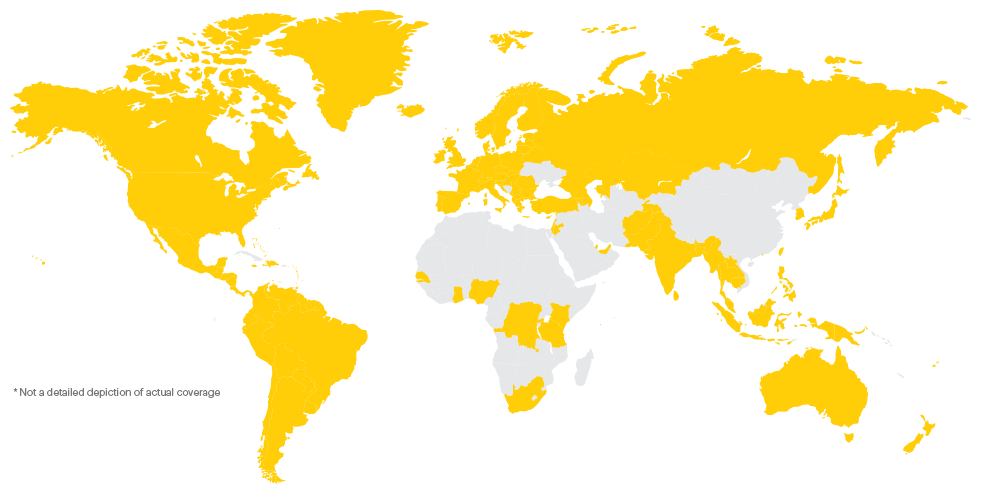RootMetrics, one of the larger annual network tests, has come out with its latest report. Normally, speed and reliability tests have good and bad news, depending on what color your wireless loyalty is. But in 2017, anyone paying for a plan is a winner.
For the first time in a long time, all four carriers saw improvements in their networks over the last year. Regardless of what you think about RootMetrics’ testing and scoring methodology, this is good news, and more evidence that the fierce competition in the wireless industry is actually working.
At the national level, the RootMetrics results from the second half of 2016 are virtually unchanged. Verizon swept nearly all of the first-place national awards to take first place overall. AT&T is in second, Sprint scrapes into third, and T-Mobile is in fourth (and last) place.
That’s exactly the same rankings as the last RootMetrics report overall, with only some minor changes. Sprint improved its score for texting and calling, but overall retained third place. T-Mobile improved a little, but remains in last place nationally.
The bigger news, though, is what happened on a city-by-city basis. All the carriers are taking steps to increase network availability and speed in densely populated areas, and it showed in the RootMetrics testing. All four carriers improved the average speed in over 20 cities according to RootMetrics’ data. Despite other claims to the contrary, it seems that the newfound love of unlimited data plans isn’t hurting speed on any network.
The RootMetrics methodology relies on taking a bunch of smartphones on a really long roadtrip around the US and testing data, calling and texting in thousands of locations. RootMetrics then distills those results down into a set of national, state, and citywide results, published here. The overall ranking of carriers is based on a complicated and somewhat arbitrary formula, but don’t focus on the overall ranking.
Instead, look at the changes in the results every year. First place and last place are probably meaningless for you, unless you drive 276,000 miles every year. If your network is fast in the cities you live in and visit frequently, and is improving year-on-year, you’re probably going to be happy.










